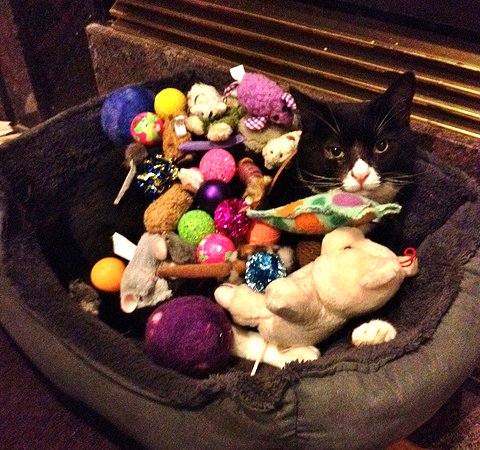Placing all our hope on material development is clearly mistaken; the ultimate source of happiness is within us. – Dalai Lama
What does that mean?
This is the age old statement, that our happiness is to be found not in the shiny things outside of us, but on the shiny things within us. No, not lost surgical tools, but on those aspects of ourselves which are joyful and luminous.
You have seen them, the people who seem to glow. They walk into the room, and you feel them. You turn and see them, and there is something about them. They are well aligned people. Some are malignant, but most are very happy with the better parts of themselves shining through.
There is a quote from Gandhi which says that happiness is when you are aligned in all aspects of your being. This quote extends that by reminding us that material things won’t bring happiness, despite what the commercials and ads say.
Why is looking within important?
How else will you know if you’re happy? Yes, there is a sensation which we call happiness or sadness (or other words, depending on the exact flavor of less-than-happy we are experiencing). However, if you look past the label, you will often find that we are actually happy, but disappointed.
By that, I mean you had fun playing the game, and are happy about that. You are just not as happy as you would have been if you had won, and gotten the big stuffed animal as a prize. The disappointment is mistaken for unhappiness, and we decide we are unhappy.
By looking within, we can (I hope), see the happiness we experienced while doing the activity, and notice that the disappointment was in not winning. In this manner, we can focus on what is important to us, and not on how many toys we have.
Where can I apply this in my life?
One thing I wish to note is that this isn’t an either-or choice. You can pursue material development, but the quote urges us to not put *all* of our hope on finding happiness on that path. In short, we can have some toys (and the crowd goes wild!).
We just need to be prepared to work on the other parts of our lives and develop the inner sources of happiness. And for me at least, that depends heavily on being grateful and loving. The post from two days ago is a good place to start looking at being grateful.
Being grateful prepares for us a great place for happiness to blossom. This state of gratefulness allows us to express how much happiness the other person has brought to us by their actions. Even if they didn’t do something for us, we can be grateful, and happy, simply in observing a good deed.
To me, the other half of inner happiness is being loving. The obvious part of this is loving people around you. English is a lousy language for expressing love, as there is pretty much one word to cover at least a couple different aspects, as well as the range of each one of them.
For lovers, it means one thing. For a family, it means another. For your friends, yet another. It is something a little different at work. And then there is the love for the whole of humanity. Each ‘love’ is different, yet they all share the same word. Sorry for the confusion.
The point is that, at least for me, showing some love in all of these parts of my life is a very substantial part of being happy. Without showing and sharing some parts of myself in love with others, I can’t imagine how I could be happy. This from a confirmed introvert. Weird, isn’t it?
Loving your condition, and where you find yourself is (to me, at least) a less obvious part of love. You could have a great deal of gratitude, and loving relationships with friends and family, but if you hate your dingy apartment, how happy will you be?
It won’t necessarily be easy, but you can be deal with it. What can you do to at least appreciate your condition? Yeah, it sucks driving an old car, but it could be worse, you could have to take public transit, or walk. And it could be worse. It could be raining.
If you have to walk, you can use it as a reason to work even harder to be able to do better. Appreciate it for the motivation it gives you. Can you do that? How much happier are you after making that simple change in attitude? Is that a change you are willing to make to your attitude?
Happiness is largely in your head. So is the lack of happiness. How can you change your level of gratitude to better support your happiness? How can you change your expression of love to better support your happiness? How can you appreciate, if not love, your situation or condition, to better support your happiness?
The happiness derived from toys is real, but brief. The happiness within us can be forever, if we let it. How much effort will you put into each? The choice is yours; I urge you to choose wisely.
From: Twitter, @DalaiLama
confirmed at : it’s his own feed…
Photo by Heather Harvey








Pingback: Human happiness depends on taking others into account. | philosiblog